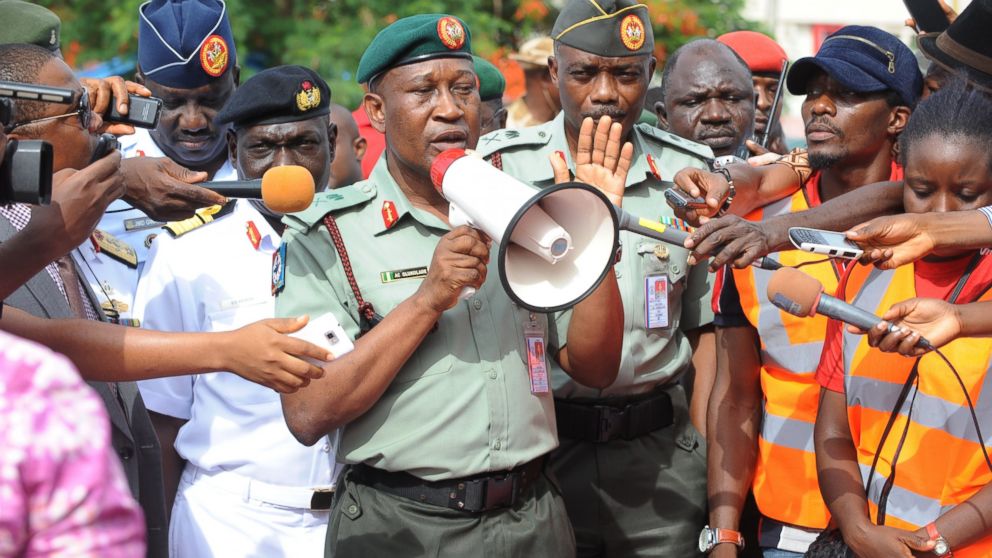Nigeria Requested US Intel And Military Gear to Fight Terror, Docs Show
High-powered D.C. lobbying firm pushed U.S. for Nigeria to little avail.

May 9, 2014 — -- WASHINGTON - The Government of Nigeria last fall hired a powerful Washington lobbying firm to press its case for intelligence on violent terror group Boko Haram and to persuade the Obama administration to donate non-lethal equipment in the hunt for extremists, according to documents filed with the U.S. government.
Since nearly 300 schoolgirls in the northeastern town of Chibok were abducted nearly a month ago by a large force of Boko Haram militants, some officials in Washington have blamed the challenge of confronting the al Qaeda-aligned group formed in 2009 -- but designated only last November as a Foreign Terrorist Organization by the U.S. – on Nigeria's resistance to accepting outside help.
The U.S. designation allows freezing of bank assets, adding Boko Haram members to no-fly lists and prioritizes law enforcement actions. ABC News and The Daily Beast reported Thursday that debates within the U.S. and Nigerian governments over how much of a threat was posed by the group delayed it being declared an FTO and a military Tier One Threat Group for two years.
Amid an international outcry over April's abductions by Boko Haram of the Chibok schoolgirls, some U.S. officials have insisted that Nigeria didn't want the FTO designation earlier than 2013 because it might elevate Boko Haram's global jihadi status.
READ: What We Know Now About the Kidnapped Nigerian Girls
Secretary of State John Kerry’s remarks Monday echoed those who've said that the African nation's fierce pride also led it to shoo away offers of American and British counter-terrorism assistance, even after a United Nations office in Abuja was bombed three years ago.
"The [Nigerian] government had its own set of strategies, if you will, in the beginning," Kerry said at a press conference. "And you can offer and talk, but you can't do [anything] if a government has its own sense of how it's proceeding. I think now the complications that have arisen have convinced everybody that there needs to be a greater effort."
However, two months before Boko Haram was designated an FTO by the U.S. in November 2013, Nigeria's Office of the National Security Adviser signed a $3 million-a-year contract with K Street firm Patton Boggs to "provide comprehensive security advice, including the donation of excess military and law enforcement equipment," according to documents filed with the U.S. Justice Department under the Foreign Agents Registration Act.
Patton Boggs' point man on the contract, retired Marine Col. John Garrett, recounted in an email communication filed under FARA that he had met with officials at the Pentagon's combatant command for the region, U.S. Africa Command, in Stuttgart, Germany in December.
On behalf of Nigerian National Security Adviser Muhammadu Sambo Dasuki, Garrett requested information on Boko Haram activities derived from intelligence, surveillance and reconnaissance overflights of northeastern Nigeria's Borno state. Patton Boggs also asked for non-lethal protective hardware to be donated to Nigeria such as mine-resistant armored personnel vehicles, night vision goggles and communications equipment from Iraq and Afghanistan stockpiles left over from U.S. withdrawals from those warzones.




